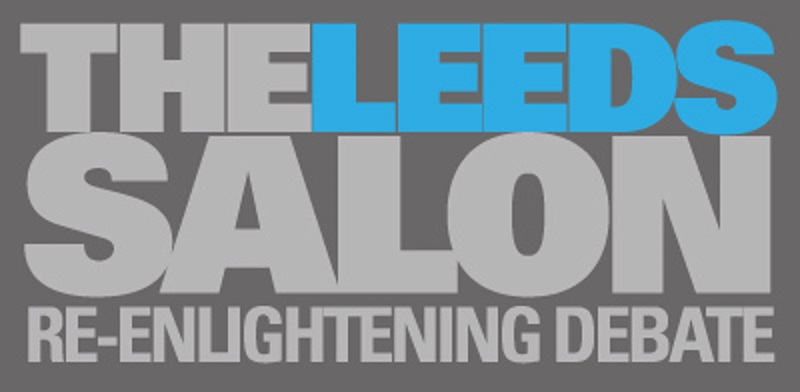In May 2010 Leeds University Union banned an issue of the Leeds Student newspaper containing a Palestinian activist’s allegedly anti-Semitic comment. Earlier in the year, a student society, the Palestinian Solidarity Group, was banned for disturbing a speech by an Israeli diplomat. A debate by Liberty@Leeds was prevented from taking place as it featured a former member of banned group Islam 4 UK. The Atheist Society were prevented from holding an event on freedom of speech that planned to show controversial Dutch politician Geert Wilders’ anti-Islamic film Fitna.
Leeds University’s Protocol on Freedom of Expression states that an event can be banned if it is ‘likely to give rise to an environment in which people will experience — or could reasonably fear — harassment, intimidation, verbal abuse or violence.’
On Academic Freedom Day, a panel of university students will debate the pros and cons of academic freedom in light of recent controversies. Should speech be regulated and if so by whom, to what extent and on what grounds? Is censorship sometimes necessary to protect vulnerable groups, or should there be no protection from offence?
Does the university as a public institution and a place of free inquiry have a duty to promote the free expression of opinions, no matter how unpopular? Or are these lofty and old-fashioned ideals which interfere with the main business of the modern university of providing workplace skills for its customers and the know-how Britain needs to compete in a global economy?
Can free speech be institutionally protected, or is it up to students and lecturers, as free adult citizens and constituent members of the university, to speak out and challenge rules and regulations that restrain freedom of expression? Is free speech a private or a public right — an individual’s right to free expression, or the right of the public to hear all opinions free of censorship and make up their own minds?
